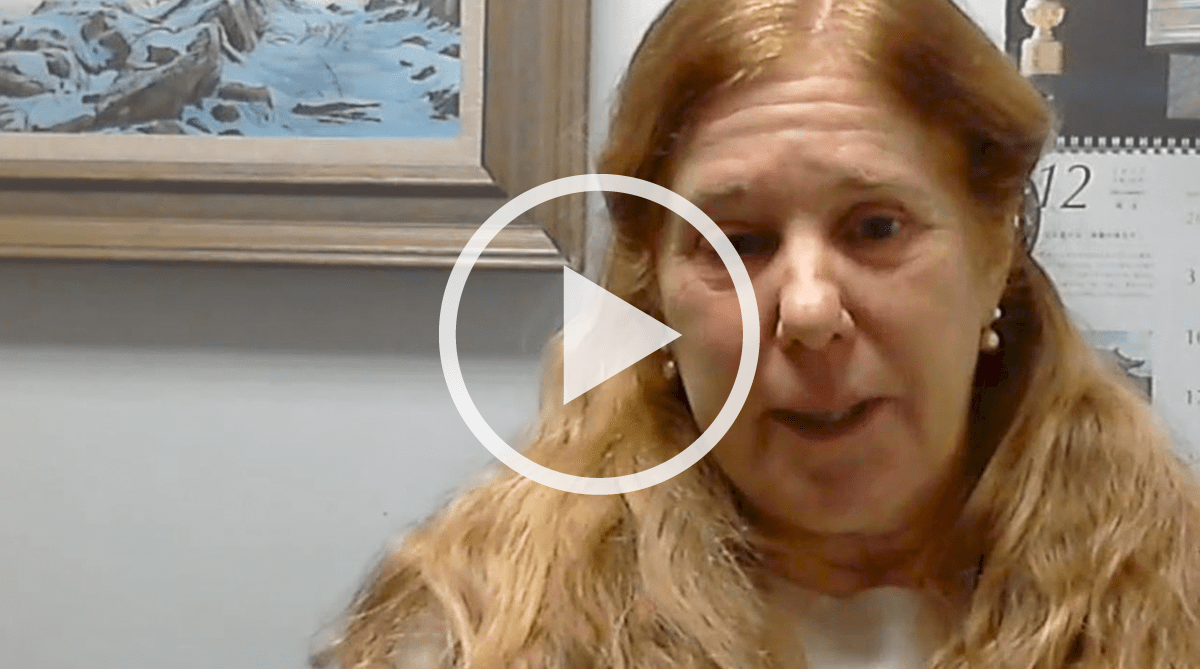“A significant shift is needed,” says Dena Merriam, a founding member of the Contemplative Alliance, “and for that shift to take place we need a growth in consciousness.”
Merriam spoke with Lion’s Roar editor-in-chief Melvin McLeod about what contemplative practitioners can bring to political, social, and environmental discussions to transform their relationships with each other and the planet.
Read Dena Merriam’s commentary, “Why We Must March,” in the January 2018 issue of Lion’s Roar.
Transcript
Melvin McLeod: Hi, I’m Melvin McLeod, the editor-in-chief of Lion’s Roar magazine. I’m joined by Dena Merriam of the Contemplative Alliance of the Global Peace Initiative of Women. Thanks for joining us today, Dena.
Dena Merriam: Happy to be here.
Melvin McLeod: What would you say that contemplative practitioners or spiritually-minded people bring to political, social and environmental discussion that’s particularly beneficial and unique to them?
Dena Merriam: I think we bring a deeper understanding, perhaps, of the moment in time that we find ourselves in. We understand that a radical shift in consciousness is needed. It’s not just about patching up things and returning to normal. A significant shift is needed, and for that shift to take place we need a growth in consciousness. We need a deeper understanding of our relationship in the natural world and with each other. We need greater compassion. We need to understand interconnection and oneness. So, I think it’s that kind of leap in consciousness that the meditation community, the contemplative community, can help foster.
Melvin McLeod: Are you suggesting that really only a spiritual consciousness is sufficiently transformative to meet the demands of the time?
Dena Merriam: Yes. I think we face a crisis on so many levels, it’s really a spiritual crisis that we need, we need significant growth now, evolution, in order to transform the way we live on the planet and with each other, and if we don’t transform the way we live on the planet, the planet is going to collapse, and if we don’t transform the way we live with each other we’re going to destroy each other. So, those two things have to be addressed, and they demand a change in consciousness, an evolution of consciousness. I think we have to stop thinking of this as political — treating people with compassion dealing with poverty, dealing with people in need — that shouldn’t be a political issue. This is a moral issue, an ethical issue, a spiritual issue.
Melvin McLeod: What have you learned about, in specific terms, about what people with a contemplative practice can bring to the political arena? I know that you often convene groups of practitioners within or around the sidelines of major events, such as environmental conferences. Can you give us some examples of how people who are practicing meditation or contemplative religious practitioners have been able to contribute to, or shift the nature of the discussion taking place in the broader context?
Dena Merriam: I think there are multiple ways that people of contemplative practice can make a difference. I have found through the projects that we’ve organized that people of practice tend not to be divisive and polarizing, but unifying. Even activists who don’t have that background of practice could be angry, could be frustrated, and can be polarizing, you know, “They are the enemy we have to fight them we have to defeat them,” and this is not a constructive way to proceed, even though one can understand those emotions, it’s not going to take us where we need to be. So I think people of deep practice come from a place that’s deeply unifying.
